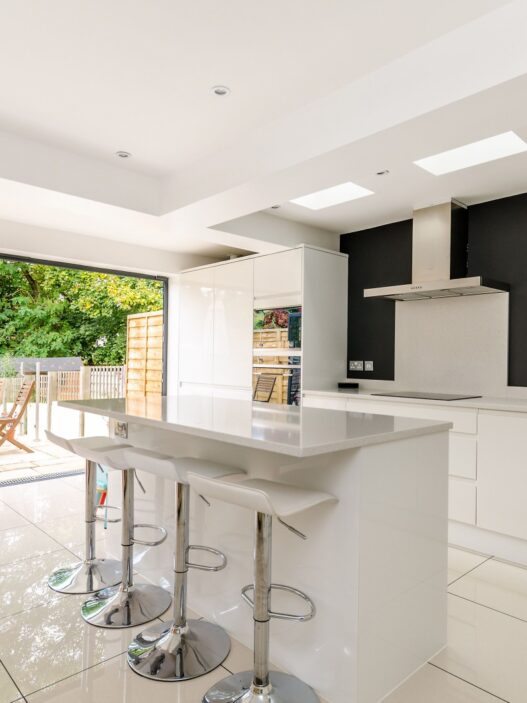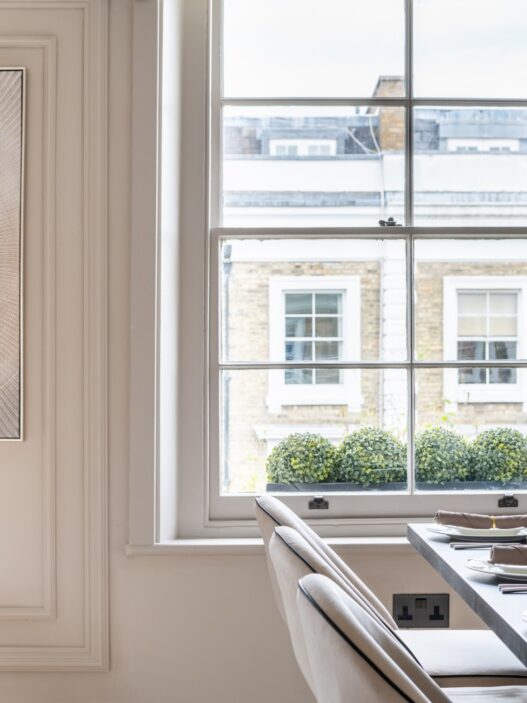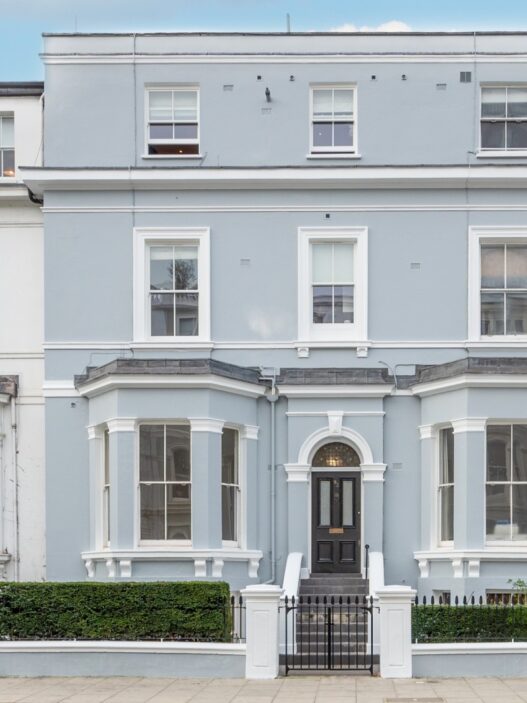As many of you may know, the Bank of England has raised its base interest rate from 0.25% to 0.5%. However, this is the first time in the past 10 years that the rate has increased, and was lowered from 0.5% to 0.25% in August 2016.
This increase means that most mortgage lenders will pay more interest on your mortgage. However, changes to your mortgage costs will vary depending on the type of mortgage you have.
fixed rate mortgage
If you have a fixed-rate mortgage (where the interest rate and monthly payments are fixed for a set period of time), the good news is that you continue to pay the same amount each month until the end of the term.
However, if your product term is nearing or has ended and you are looking for a new fixed rate, you may find that your lender has slightly increased the cost of your fixed rate. However, interest rates are still very low, making it a great time to secure a mortgage.
So, for now, if you have a fixed-rate mortgage, you don't have to worry about interest rates rising. It is only at the end of the period that it may be affected by an increase.
standard variable mortgage
Those with standard variable rate mortgages may soon see their mortgage rates rise, unless they have already changed. However, this is not automatic and varies by lender.
If you have a standard adjustable rate mortgage, you may already be signing up for a higher interest rate compared to a fixed rate mortgage.
tracker interest rate mortgage
Tracker mortgages are linked to the Bank of England's base rate, and anyone with a tracker contract will see their monthly mortgage repayments increase as the base rate rises.
Mortgage interest rates may rise by 0.25% from current levels.
The conclusion is…
Keep in mind that the interest rate you pay depends on the amount you borrow and is proportional to the value of your property. If the loan amount is a large percentage of the total amount, for example 95% borrowing and 5% deposit, the interest rate will usually be higher. In contrast, if your loan for value transaction is lower, meaning you take out a mortgage of 50% of the property's value and make a 50% down payment, your interest rate may be lower.
Despite the rise in base rates, mortgage rates are still lower than they were 10 to 15 years ago, and any increases are likely to be modest. Most homeowners with mortgages will be affected by this increase, but some may be more severely affected.
If your mortgage lender hasn't introduced new interest rates yet, you should expect them to do so from 1 December.
If you would like to speak to someone about what rising interest rates mean for you and your mortgage, or for general advice regarding mortgage and remortgage options, visit Alexander Hall or , call us on 08000 38 37 36.






















